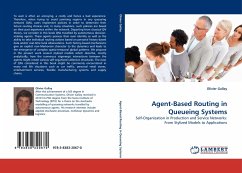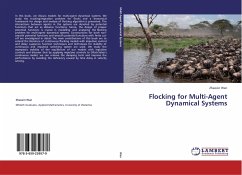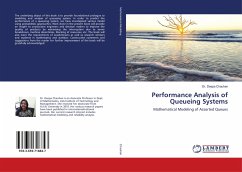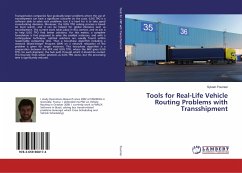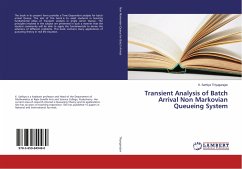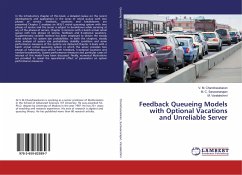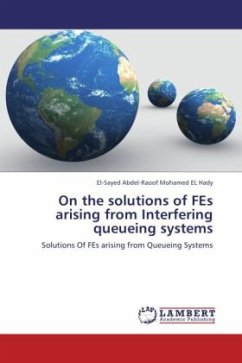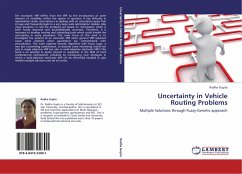To wait is often an annoying, a costly and hence a bad experience. Therefore, when trying to avoid jamming regions in any queueing network (QN), users implement policies in order to determine their future routing choices and, in many situations, such policies are based on their past experience within the network. Departing from classical QN theory, we consider in this book QNs travelled by autonomous decision-making agents. These agents possess their own identity as well as the ability to take individual routing actions based on personal history-based data and/or real-time local observations. Such history-based mechanisms give an explicit non-Markovian character to the dynamics and leads to the emergence of complex spatio-temporal global patterns. We propose in the present work several stylized models which describe, mostly analytically, how the numerous stigmergic interactions between the agents might create various self-organized collective structures. The class of QNs considered in this book might be commonly encountered in many real life situations such as car traffic, personal retail stores, entertainment services, flexible manufacturing systems and supply chains.

